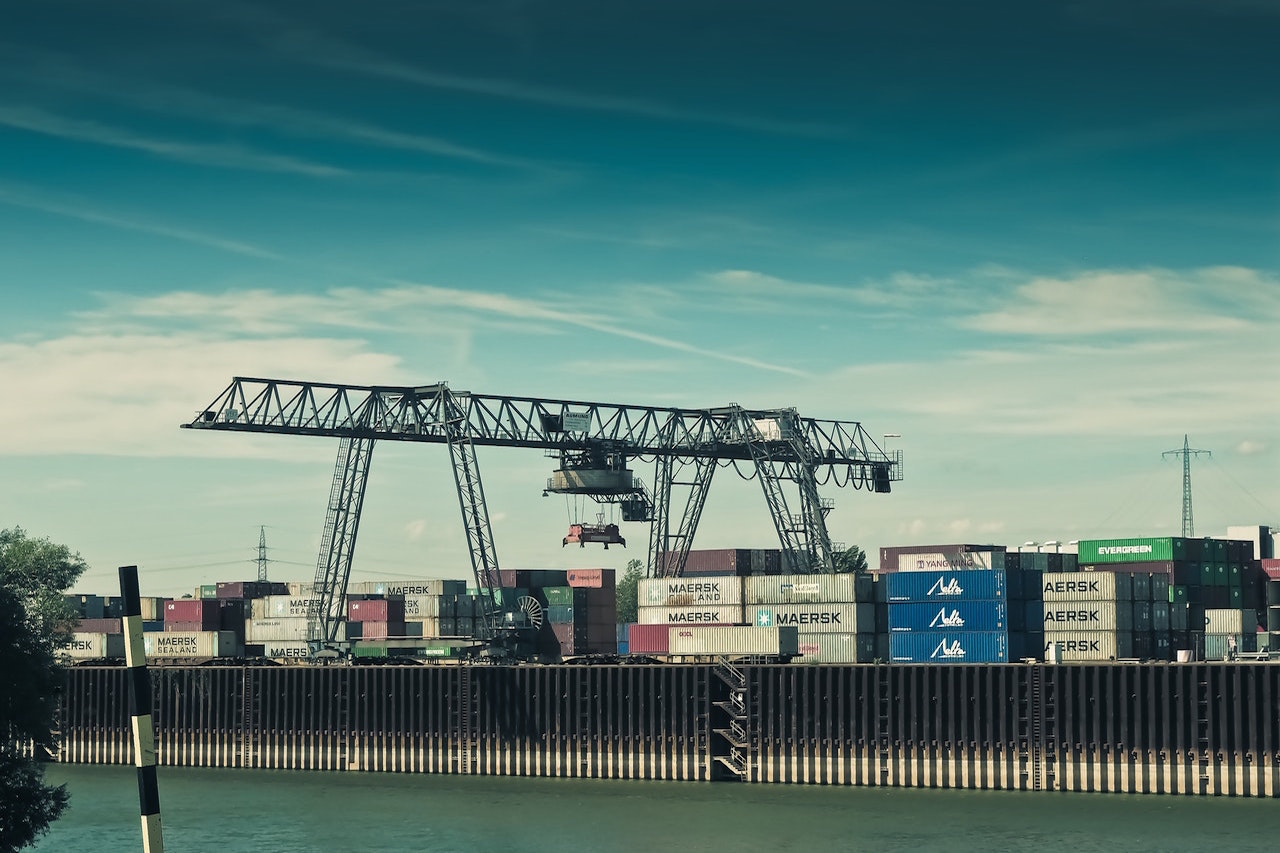Protecting your cargo at every stage of shipping is essential. Here are some tips on reducing risks throughout your supply chain.
Regardless of its final destination, your cargo constantly changes hands as it travels to its final destination. With so many parties involved in even a simple shipment, your goods could be mishandled at any moment, greatly increasing your risk of costly losses and damages. Here are a few suggestions that will help you mitigate the overall level of risk to your cargo while simultaneously boosting your shipping ROI.
1. Know Your Supply Chain Partners
Since even the slightest misstep can completely derail a shipment, it’s important to build strong working relationships with all of your supply chain partners. Close collaboration with your suppliers, distributors, and retailers helps to ensure your goods are quickly and properly handled at every stage of the shipping process, maximizing efficiency, and minimizing mistakes. If and when you need to bring in a new third-party logistics (3PL) provider to manage a specific area of your supply chain, do your homework and make your decision carefully. As a general rule of thumb, it’s always a good idea to look for partners with as wide an array of services as possible — think integrated logistics — in order to streamline operations, centralize oversight, and increase transparency.
2. Make Sure Contracts Are Clear and Robust
The primary goal of supply chain management is to never let liability outweigh potential profit. Since they dictate the terms of your relationships with your supply chain partners and explicitly allocate risks, clear and comprehensive contracts are the surest way to minimize your company’s liabilities. In particular, well-defined indemnity clauses can save your company a prolonged legal struggle should a supply chain partner cause any damage to or oversee any accidents involving your cargo. Incoterms can also eliminate any confusion by stating each party’s obligations in a given trade agreement using an internationally recognized legal language.
3. Get Adequate Insurance Coverage
Manufacturers, suppliers, and distributors too often leave their cargo uninsured, and those who purchase coverage usually leave their shipments under insured. This oversight can significantly damage a company should the worst happen. In the case of a liability claim, for example, a lack of sufficient coverage would expose you to unanticipated damages caused by product recalls, class action suits, or other exceptional events, costing your company dearly. In order to determine what insurance would suit you best, companies can contact a licensed cargo insurance provider to analyze the likelihood and nature of the risks faced and help decide the extent to which they should be insured.
4. Team Up with an Experienced Logistics Partner
An experienced logistics provider can help your company meet most of these challenges while providing specialized solutions to all of your other shipping needs. Established companies can use their longstanding relationship with supply chain partners to help you find the partners best suited to your needs, ensuring that you receive the best service possible at every stage of shipping.
Over the past two decades, Primary Freight has managed to remain competitive force in the international shipping and logistics community by remaining committed to our founding principles: customer satisfaction, creativity, and value-driven service. As our company has grown, so too have our capabilities. Today, our extensive trading network spans more than 100 countries spread across the globe, and we utilize the latest technologies to ensure all of shipments are delivered in the most timely, reliable, and cost-effective manner possible.
If you’d like to learn more about how Primary Freight can reduce risk and increase value for your company, contact one of our specialists today at (800)-635-0013.
